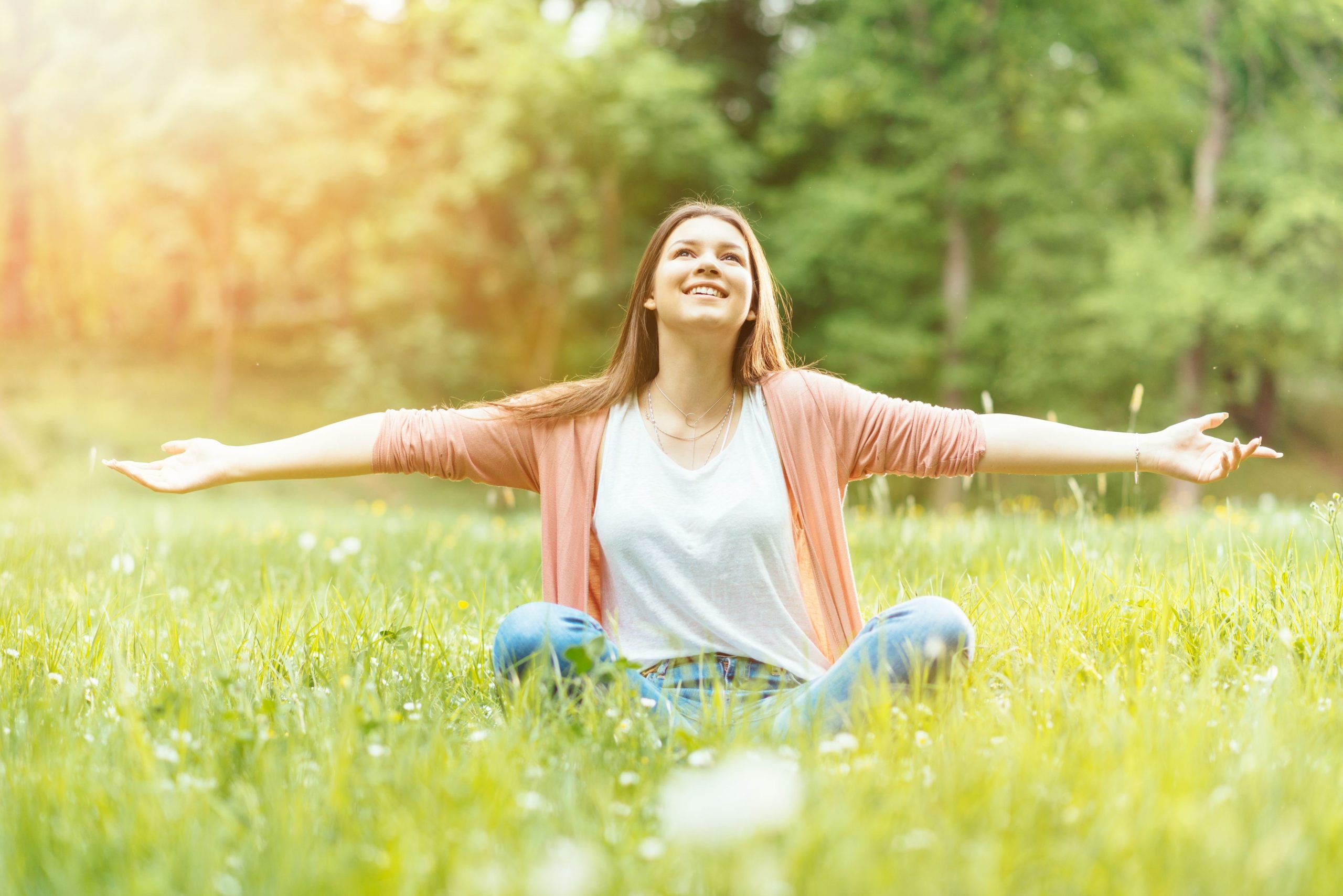Natural Depression & Anxiety Help

Are you looking for natural depression and anxiety help?
Tired of hearing that depression and anxiety are “all in your head” or that you just need to “change your thinking?”
One of my goals as a Holistic Doctor is to help people understand the complex causes of all types of illnesses.
According to the CDC website data, the percentage of adults with recent symptoms of anxiety or depressive disorders increased from 36.4% to 41.5% between August 2020–February 2021. It also revealed that the number of people reporting unmet mental health care needs rose from 9.2% to 11.7%.
The most alarming trend, however, was the increase in depression and anxiety symptoms in young people. The data showed the largest increase in adults 18–29 years of age. Those with less than a high school education showed the most increase in reported symptoms.
As depression and anxiety become more common, it’s important to understand the potential causes and what you can do to feel better.
People looking for natural depression and anxiety help often wonder whether their physical health plays a role. In this article, you’ll discover why this connection is even more important than you think.
You’re tired. You’re unmotivated. You sometimes experience general feelings of hopelessness.
Other times, you’re anxious, sad, or stressed out for what seems to be no reason at all. Why does this happen?
The list of possible causes can change based on who you’re talking to. Psychologists typically look for psychological causes. Yoga instructors or life coaches might have their own theories about the cause of depression. So will personal trainers, holistic doctors, and anyone else whose clients are in search of natural depression and anxiety help.
According to an article in psychology today, there are multiple possibilities, including…
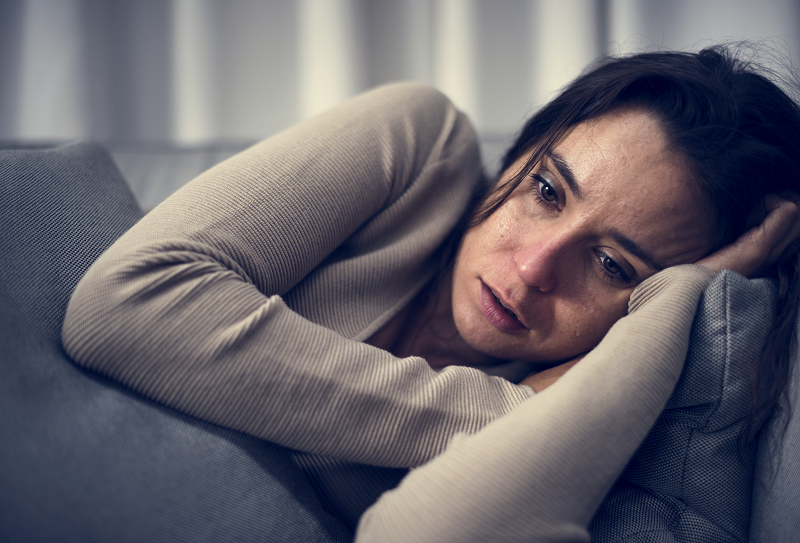
- Brain Chemicals
- The Weather
- Vitamin D deficiency
- Hormones
- Expectations
- Adverse Childhood Events
- Too Much Stress
- Negative Ruminations
- Your Inner Critic
- Loneliness
While these are all possible contributors to anxiety and depression, it’s also the type of list you might expect from a psychologist. What if you’ve already tried these, and you’re still depressed? Could there be more to natural depression and anxiety help what’s happening between your ears?
Depression Isn’t “All In Your Head”
The Mayo Clinic website describes depression this way…
Depression is a mood disorder that causes a persistent feeling of sadness and loss of interest. Also called major depressive disorder or clinical depression, it affects how you feel, think and behave and can lead to a variety of emotional and physical problems. You may have trouble doing normal day-to-day activities, and sometimes you may feel as if life isn’t worth living.
Depression is more often described as a feeling. Feelings aren’t just in your head. Feelings are the result of impulses in your nervous system and chemical “messengers” called hormones. One example is the hormone called serotonin.
Serotonin plays a key role in stabilizing your mood, and enhancing feelings of happiness and well-being. It enables your brain cells and other cells in your nervous system to communicate. It also aids in sleeping, eating, and digestion. When your brain has too little serotonin, you may experience symptoms of depression. When your brain has too much serotonin, you may experience excessive nerve cell activity.
What many people don’t realize is that about 90% of your serotonin is found in your gastrointestinal tract.
This is the first clue that depression and anxiety are not “all in your head.”
Researchers at McMaster University’s Brain-Body Institute have recently been investigating a potential link between SSRI antidepressant medications, serotonin levels in the gut, and how vagus nerve stimulation might boost the transporting of serotonin from your gut to your brain. In other words, one of the common assumptions about depression being “all in your head,” might be better stated “it’s all in your gut.”
The Real Mind Body Connection
In laymen’s terms, we typically think of the brain as being “in charge” of the body. Our brain tells our body what to do, and our body does it. The truth is that the “chain of command” isn’t this linear, or simple.
One important statement came in an October 4, 2019 press interview with Karen Anne McVey Neufeld from the Brain Brain-Body Institute (BBI) at McMaster University who does research in Neuroscience, Gastroenterology and Psychiatry.
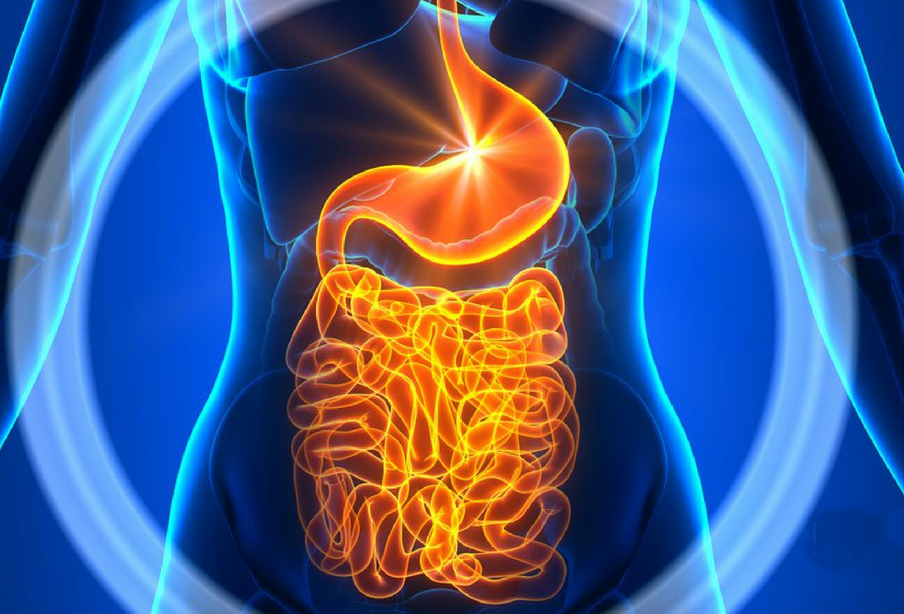
“This (research) opens the door for examining the gut and the continuous communication that happens between the gut and the brain.”
Karen Anne was talking about the abovementioned research at McMaster University’s Brain-Body Institute. She later said that the research findings…
“…suggest the gut may play a larger role in depression than previously believed and the latest research hints at new treatment possibilities in the future.”
The full context of their findings were summarized in this 2019 statement…
“The vagus nerve is the tenth cranial nerve and is the main afferent pathway connecting the gut to the brain. The vagus nerve can transmit signals to the brain resulting in a reduction in depressive behavior as evidenced by the long-term beneficial effects of electrical stimulation of the vagus in patients with intractable depression.
The vagus is the major neural connection between gut and brain, and we have previously shown that ingestion of beneficial bacteria modulates behaviour and brain neurochemistry via this pathway. Given the high levels of serotonin in the gut, we considered if gut-brain signaling, and specifically the vagal pathway, might contribute to the therapeutic effect of oral selective serotonin reuptake inhibitors (SSRI).“
Statements like this, and the research behind it, pull the rug out from under the archaic assumptions about depression and anxiety being “all in our head.” They also suggest why people in search of natural depression and anxiety help might benefit from working with a Holistic Doctor. Holistic medicine focuses on the body as a system and takes a fuller and more organic approach to troubleshooting and treating such problems.
Finding Natural Depression and Anxiety Help
Knowing that depression and anxiety aren’t simply a matter of “changing your thinking” is a big step towards finding the right help. It also takes much of the guilt and pressure off of the person suffering from depression and anxiety symptoms.
People who never (or rarely) suffer from depression don’t understand why people with longer-term depression can’t just “snap out of it.”
The truth is, depression affects everyone a little differently, and the causes are often decentralized and hard to nail down, let alone treat.
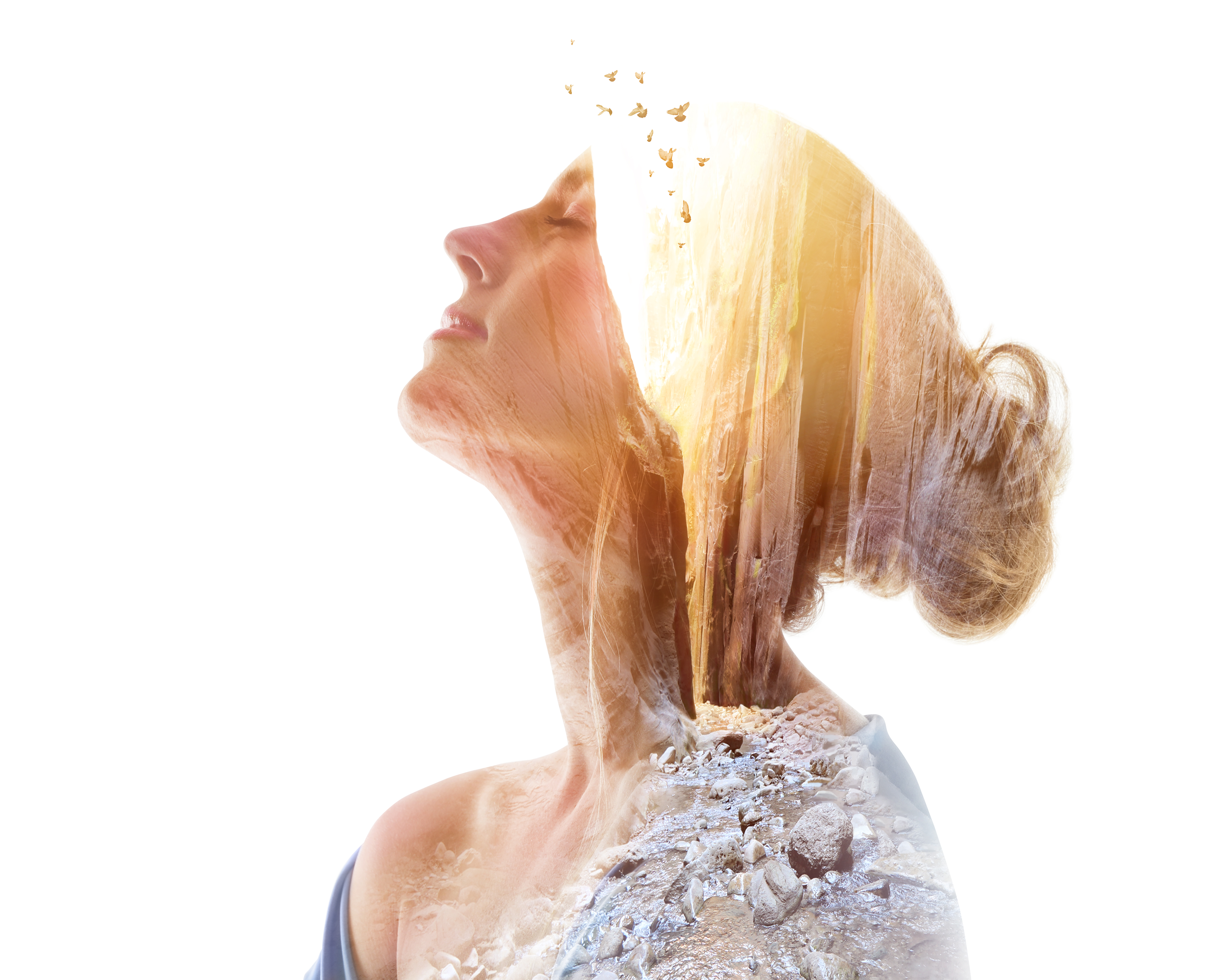
The Whole Mind, Whole Body Solution
Thankfully, these new discoveries about the gut brain connection, gut health, and the vagus nerve, are helping medical professionals get clarity on the role the body plays in depression. Depression has some common physical symptoms, the simpler ones including…
- Headaches
- Low Energy
- Digestive Problems
- Appetite Fluctuations
- Sleep Pattern Disruptions
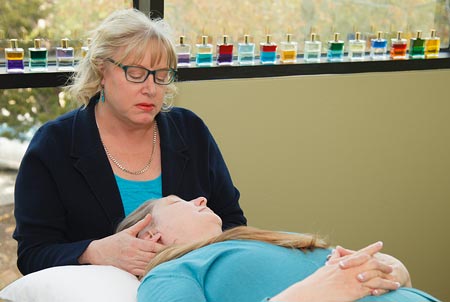
However, chronic depression can also lead to (or be accompanied by) more complicated problems. For example, a 2018 study found that rates of anxiety and depression were higher amongst those with gastroesophageal reflux disease (GERD). GERD causes heartburn and other symptoms by pushing stomach contents into the esophagus.
Studies have also found links between depression and irritable bowel syndrome (IBS). The symptoms of these conditions can create additional anxiety as they interfere with a person’s social and work routines. Maybe this is why 50 to 90 percent of those treated for IBS are found to have some form of psychiatric disorder.
Depression also seems to have a symbiotic relationship with sleep disorders. For example, sleep disorders have been reported as both causes and symptoms of depression. Similar links have been found between depression and chronic inflammation, depression and hypertension, and between depression and chronic pain.
The Centers for Disease Control and Prevention (CDC) conducted a survey over a five year period to find that 43 percent of adults with depression also happen to be obese.
All these are examples of how the mind affects the body, and the body effects the mind. It’s all one complex system. This is another reason the “all in your head” view of depression is ineffective in helping patients to reset their mental health and find joy again.
I hope you enjoyed this article on how to find natural depression and anxiety help.
If you want to get more Holistic Health news updates and in depth articles like this one, click here to subscribe to my newsletter.
Do any of the symptoms or illnesses mentioned in this article sound familiar to you?
If so, don’t let anyone tell you that depression or anxiety are “all in your head.” The truth is much more complicated than most people understand. Especially if they’ve never had these problems themselves.

My job, and my joy, as a Holistic Doctor has been to help people regain their energy, mental focus, and overall feeling of self-confidence and well-being. My approach is to look at the body as an entire system. I enjoy troubleshooting and solving complex problems–especially when it makes someone’s life better. This is why patients come to me for help with fatigue, headaches, chronic pain, sleep disorders, immune system problems, general anxiety, GI issues and much more.
Are you ready for your physical and mental health reset? I can help. Choose from one of the options below, and let’s get you on the path to better health today!

About The Author
Dr. Robin Mayfield is a Holistic Doctor in Austin, Texas. She was educated at Texas A&M University and has been practicing since 1991.
Her work has been published in the Texas Journal of Chiropractic and Women’s Networking Magazine in Austin, TX, featured in New Perspectives on Women’s Health, Austin Magazine and in the published book 5 Steps to Selecting the Best Alternative Medicine: A Guide to Complementary & Integrative Health Care.
Dr. Mayfield has also been a featured speaker on local Austin Television KVUE Sunday Morning News and at Systemic Formulas Women’s Health Symposium and has been interviewed and quoted for articles published in the Canyon Courier, Evergreen, CO and Good Life National Magazine.
Now What? Take your Next Step to Better Health!
*Schedule a Free Consult to find out if you are a good candidate for Natural Health Care.
*Schedule a Free Consult to find out if you are a good candidate for Natural Health Care.

